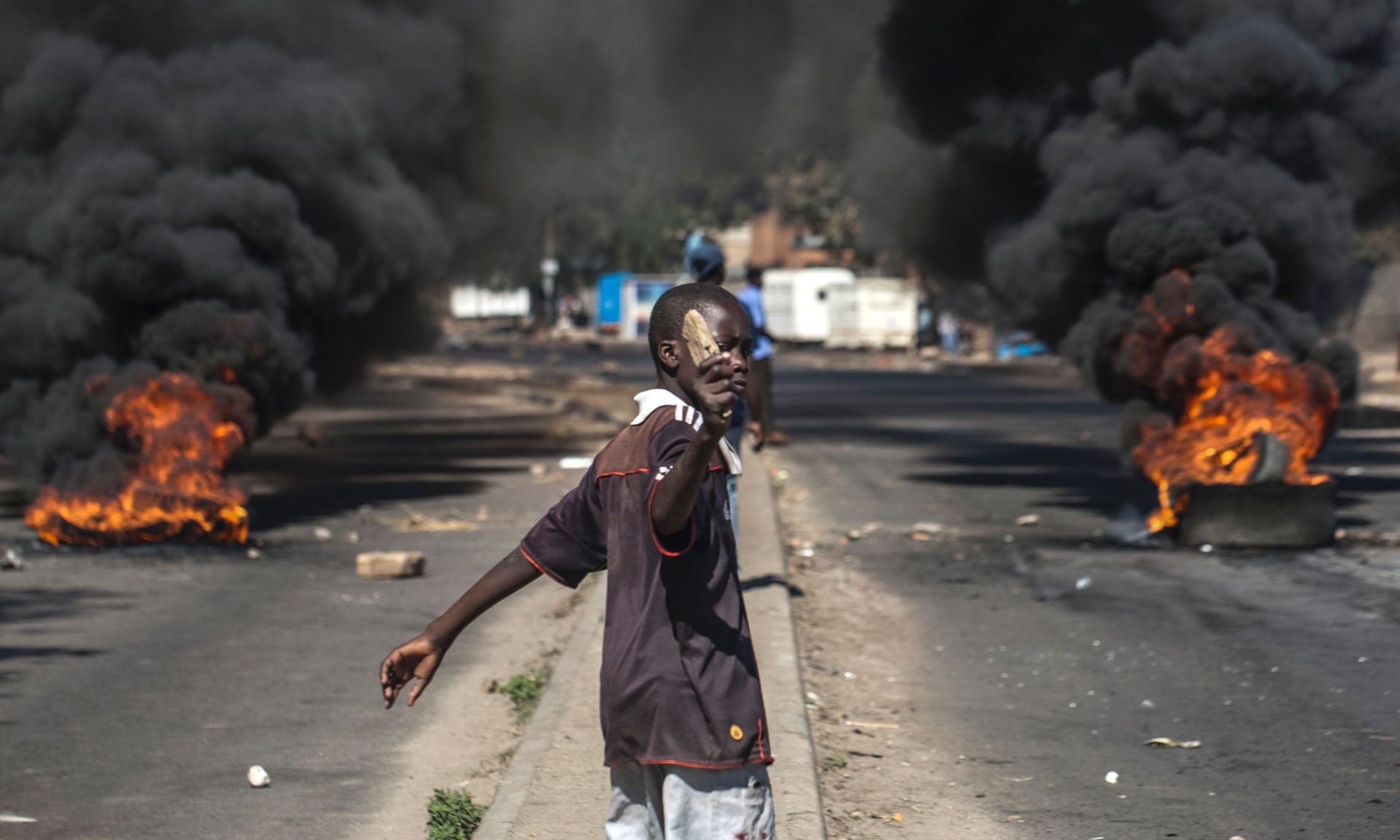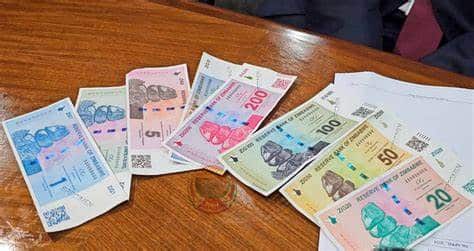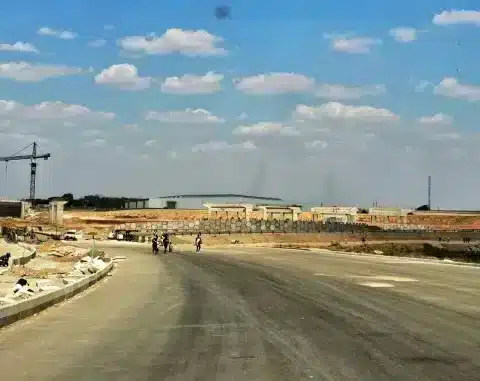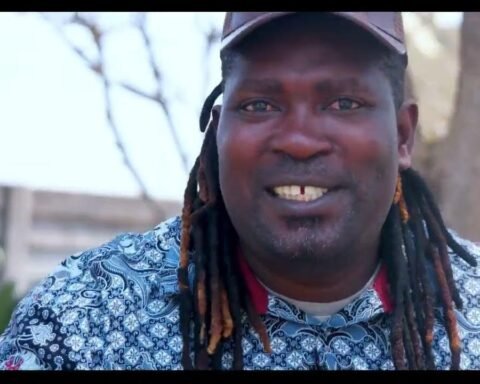Zimbabwe’s adoption of a new Constitution with an expansive Bill of Rights in 2013 was a major achievement, but since then the government has implemented no meaningful legislative reforms to align existing laws to the constitution.
In 2016, President Robert Mugabe undermined the independence of the judiciary and of the Zimbabwe Human Rights Commission (ZHRC) through verbal assaults on the two institutions. The government should ensure and respect the independence of the judiciary and the ZHRC.
Those who criticize President Mugabe or his government, including human rights defenders, civil society activists, government opponents, and street vendors, face harassment, threats, and arbitrary arrest by the police and state security agents. The government has failed to ensure justice and accountability for serious past abuses. The authorities have not fully investigated the abduction and enforced disappearance of pro-democracy activist and human rights defender Itai Dzamara on March 9, 2015. The government should immediately provide information on his fate or whereabouts and bring those responsible to justice.
Torture and other ill-treatment of detainees, including opposition supporters and civil society activists, by police and members of Zimbabwe’s intelligence services remain a serious and systemic human rights problem in Zimbabwe, despite the government’s accepting to “ratify the [Convention against Torture], implement its standards into national law and take immediate and concrete actions against the practice of torture by State officials” during the 2011 UPR. Acts of torture that Human Rights Watch has documented include severe beatings that involve victims being punched, kicked, and struck with batons; beatings on the soles of the feet; repeated banging of detainees’ heads against walls; and the shackling of detainees in painful positions.
The government rarely investigates allegations of torture by police or intelligence officers. In addition to ratifying the Convention against Torture, Zimbabwe should take steps to implement recommendations it received during the UPR to fully implement its provisions.








